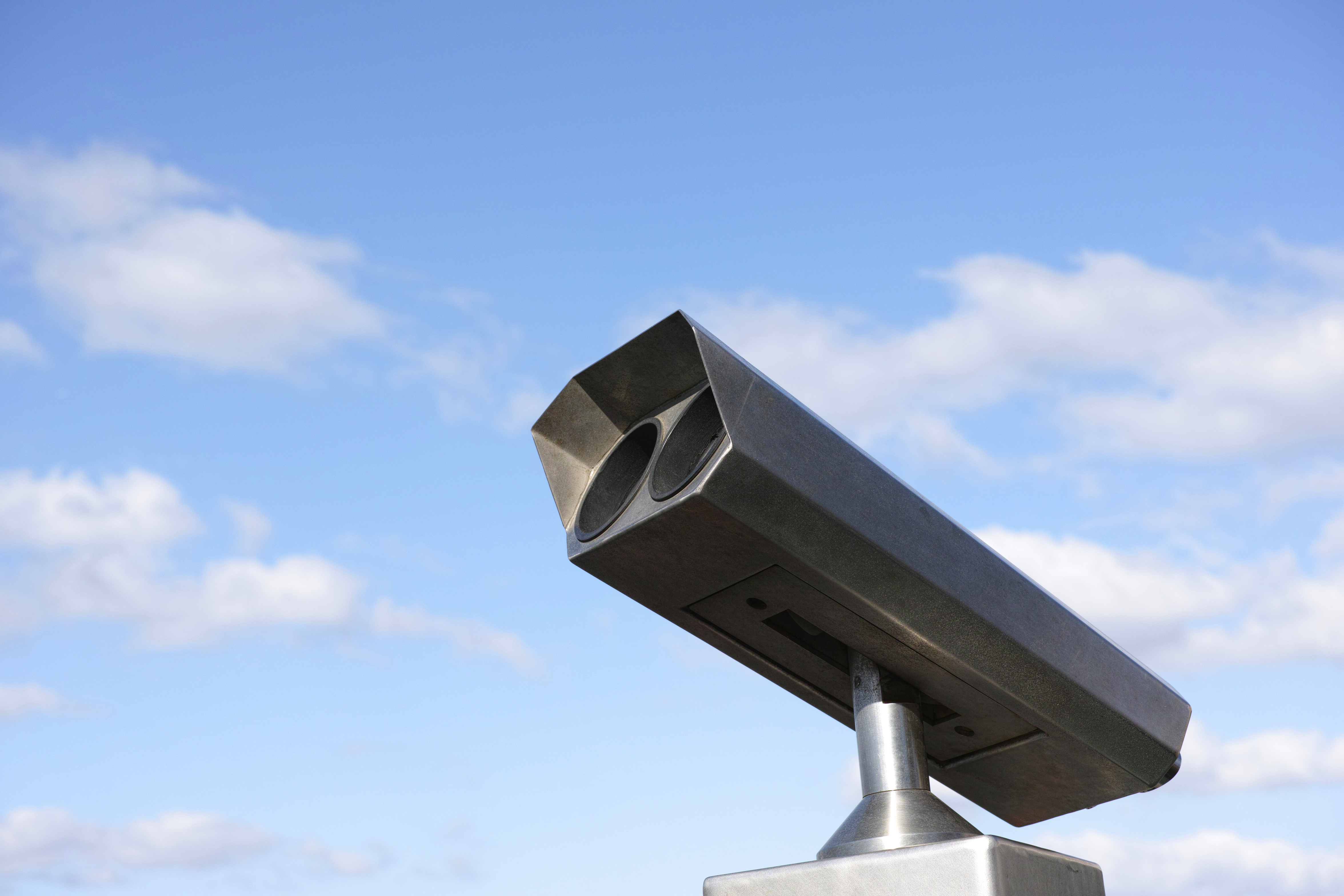Digital number plates are the latest innovation in vehicle identification, offering a modern twist on traditional plates. With the rapid growth of digital technology in the automotive world, it's no surprise that digital plates are gaining attention. They promise enhanced features, such as real-time updates and better security, setting them apart from the standard plates we’ve used for decades. This article will explore what digital number plates are, how they compare to traditional ones, and the potential for their adoption in the UK. Understanding these advancements is key for car enthusiasts and vehicle owners who want to stay informed about the latest trends.
For those interested in building their own custom number plates, check out our number plate builder for all your customisation needs.
What are Digital Number Plates?
Digital number plates, also known as e-plates, are a modern alternative to the traditional physical number plates we’re all familiar with. Unlike their traditional counterparts, digital number plates are equipped with electronic displays that can show a vehicle's registration details, and they often feature additional functionalities like tracking and security updates.
These plates are typically powered by an internal battery and connected to the vehicle's systems, allowing for real-time data transmission. In some cases, they can also display messages or updates, making them far more versatile than standard plates.
Currently, digital number plates are already in use in some regions, including parts of the US like California and Arizona. These regions are running trials to explore the benefits and drawbacks of the technology before full implementation. However, the uptake in Europe, including the UK, is still in its early stages, with most countries yet to formally introduce legislation regarding their use.
How Do Digital Number Plates Compare to Traditional Plates?

Digital number plates bring a new set of features that traditional plates simply can’t offer. Visually, the key difference is that digital plates can be customised to display more than just the registration number. This opens the door for potential branding, real-time updates, and security alerts, whereas traditional plates are static and purely functional.
Functionally, digital plates offer several advantages. For instance, they can update vehicle information instantly, making them more efficient for law enforcement or regulatory bodies. They also come equipped with GPS tracking, which adds an extra layer of security in the event of theft. In contrast, traditional plates have no such capabilities and rely solely on their visibility and physical presence for identification.
Durability is another point of comparison. While traditional plates are generally durable, they can wear out over time, especially in harsh weather conditions. Digital plates, while potentially more robust in some ways, do have electronic components that could fail, leading to possible repairs or replacements. Cost-wise, digital plates currently have a higher upfront cost due to the technology involved, whereas traditional plates are much more affordable and widely accessible.
Benefits of Digital Number Plates
Digital number plates offer a range of benefits that make them stand out from traditional plates. One of the most significant advantages is enhanced security. Many digital plates come equipped with GPS tracking, allowing the vehicle to be located in the event of theft. Additionally, some plates can send real-time alerts if tampering is detected, offering an extra layer of protection.
Another key benefit is the ability to customise the display. Unlike traditional plates that are static, digital plates can show messages or even branding, which can be particularly useful for businesses. For instance, fleet managers can update vehicle details or promote a brand directly on the plate, which adds a marketing opportunity while on the road.
Digital plates can also integrate with other smart vehicle technologies. This means that in the future, they could be connected to car systems, potentially displaying information like toll payments or environmental data, offering more convenience to drivers. Lastly, real-time updates mean that registration renewals could be automated and displayed instantly, reducing the need for manual updates or physical stickers.
Disadvantages of Digital Number Plates
While digital number plates offer several advantages, they also come with some notable disadvantages. The most immediate concern is the higher initial cost. Digital plates require sophisticated technology, which makes them considerably more expensive than traditional number plates. In addition, any repairs or maintenance that may be required for the electronics could result in further costs, unlike the simpler and more affordable replacement of standard plates.
Privacy and data security are other significant concerns. Since digital plates can be connected to GPS tracking systems, there is a possibility of misuse or hacking, potentially leading to unwanted tracking or data breaches. Vehicle owners may feel uneasy about how and where their information is stored, as well as who has access to it.
Technical malfunctions are also a risk. Like any digital device, these plates could suffer from software bugs, hardware failures, or power issues, which could lead to periods where the plate becomes unreadable or non-functional. This could be particularly problematic in regions where the law requires the plate to be visible at all times.
Finally, legal and regulatory challenges remain. While some regions are trialling the technology, others are hesitant to adopt it, meaning digital number plates may face restrictions or limited use in various parts of the world, including the UK.
Can You Use Digital Number Plates in the UK?

As of now, digital number plates are not fully legal for general use in the UK. While some countries, such as the United States, have begun trialling this technology, the UK has yet to fully embrace it. There are currently no official laws permitting the widespread use of digital plates, though the government is closely monitoring developments in other regions. Pilot programs or trials may emerge in the future, but for now, traditional number plates remain the only legal option. However, as technology continues to advance, the UK may see changes in legislation allowing for their use down the line.
Digital number plates represent an exciting step forward in automotive technology, offering a range of features that could change the way we think about vehicle identification. From enhanced security to real-time updates, these plates bring benefits that traditional plates simply can’t offer. However, their high cost, privacy concerns, and current legal limitations in the UK mean they’re not yet a practical choice for most drivers. As technology continues to evolve, it’s worth staying informed about these innovations, as digital plates could one day become the standard for vehicle registration, balancing modern convenience with legal and practical considerations.
For more information, or to discuss any number plate customisation needs, feel free to contact us.
